High-Torque Motor Applications in Heavy-Duty Industries
High-torque motor applications: Essential in mining, lifting, and oil & gas equipment where power density is critical.
High-Torque Motor Applications are fundamental to systems requiring significant turning force, often at very low rotational speeds. These applications are typically found in processes involving the movement of heavy loads or high-viscosity materials, such as hoisting, mixing, crushing, and large-scale industrial pumping. The solution here is often a gear motor system engineered for maximum output torque density.
The motor must be capable of surviving high-starting loads and continuous stalls without damage. In many cases, gear ratio is the determining factor, as the physics of the gear reduction system is what ultimately transforms the motor's power into the required output torque. A significant driver in this segment is the focus on safety and reliability; a failure in a high-torque application can be catastrophic.
Therefore, redundant systems, robust braking mechanisms, and high service factors (oversizing the gearbox beyond the calculated load) are standard practices. Modern high-torque applications also increasingly use servo-gear motors, which combine the high torque of a gearbox with the precise position and dynamic speed control of a servo motor, essential for large-scale, yet highly accurate, positioning tasks.
FAQs on High-Torque Motor Applications
Q: Why are standard electric motors often unsuitable for direct use in high-torque applications?
A: Standard motors naturally produce high speed and low torque. High-torque applications require low speed and high force, which necessitates a gear reduction system to mechanically multiply the motor's inherent output torque.
Q: Besides the gear motor itself, what key design practice is essential for high-torque systems to ensure reliability and safety?
A: The essential practice is to apply a high service factor, which means oversizing the gearbox significantly beyond the calculated theoretical load to handle peak loads, shocks, and ensure an extended, reliable operational life.
Q: In modern high-torque systems, what advantage does a servo-gear motor provide over a standard gear motor?
A: A servo-gear motor combines high output torque with extremely precise and dynamic position and speed control, making it ideal for large applications that require both immense power and high accuracy, such as sophisticated CNC or robotics.
More Relate Reports:






